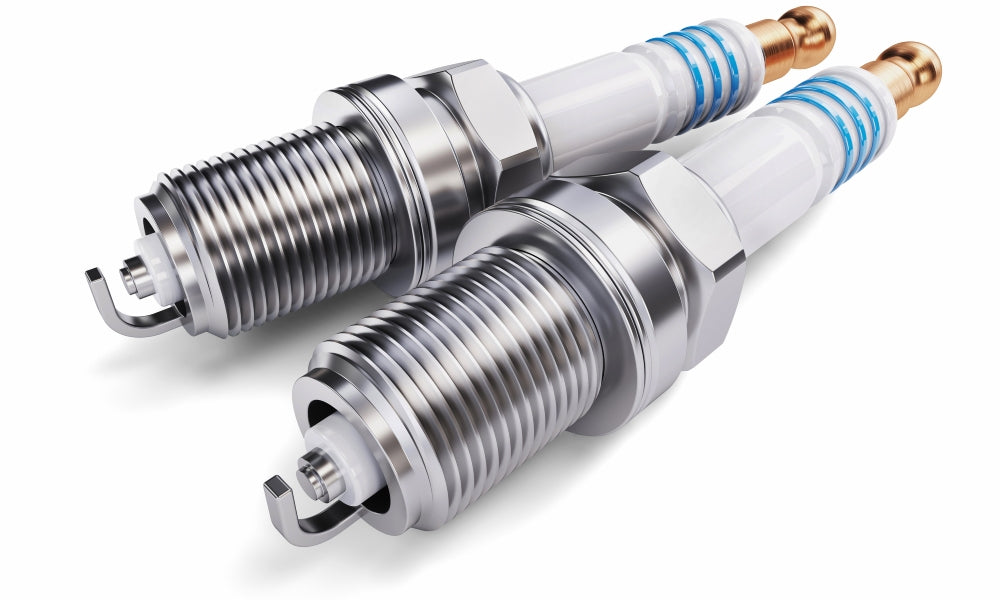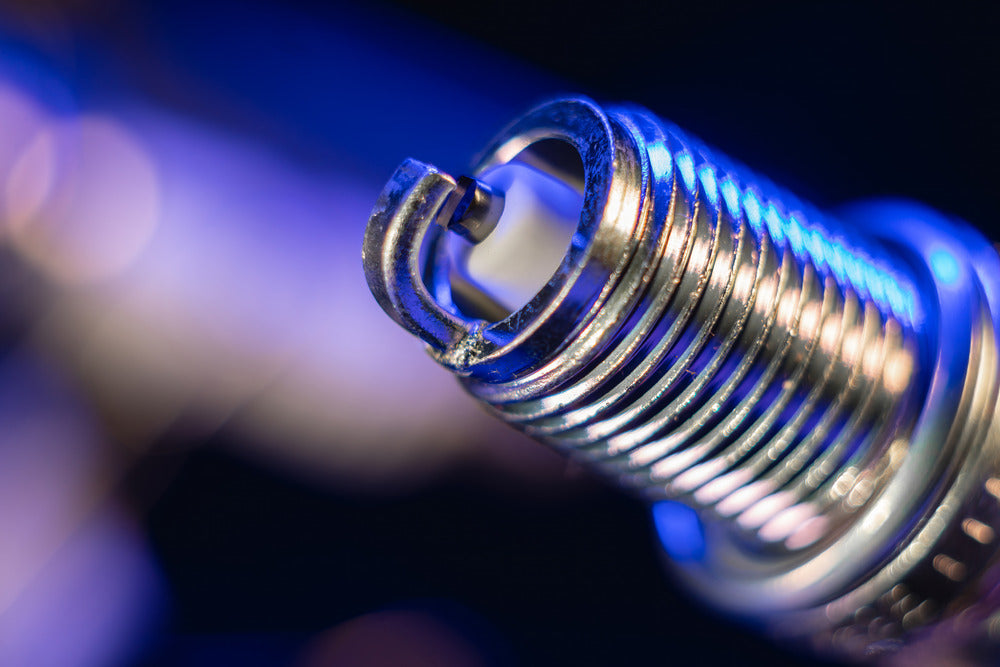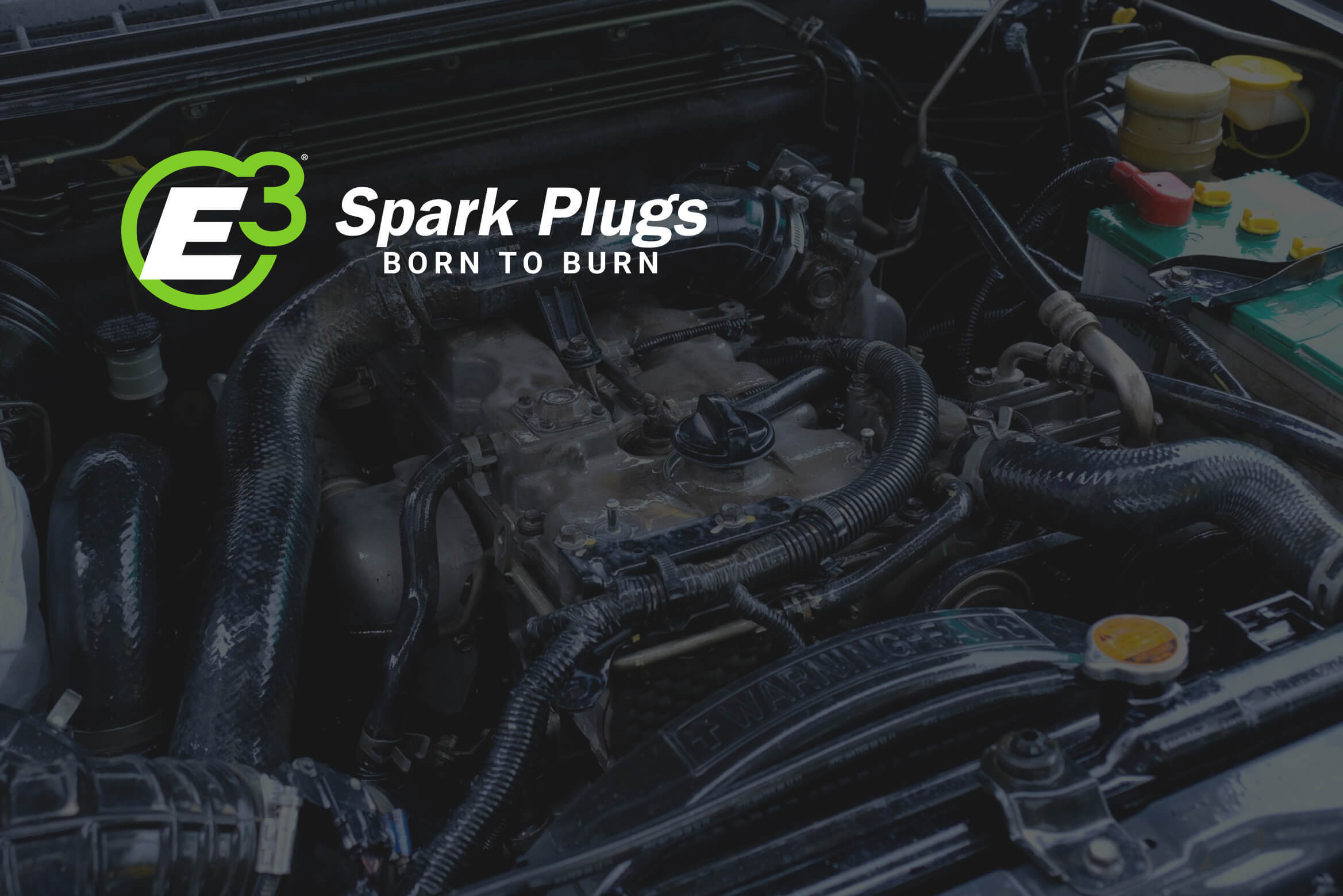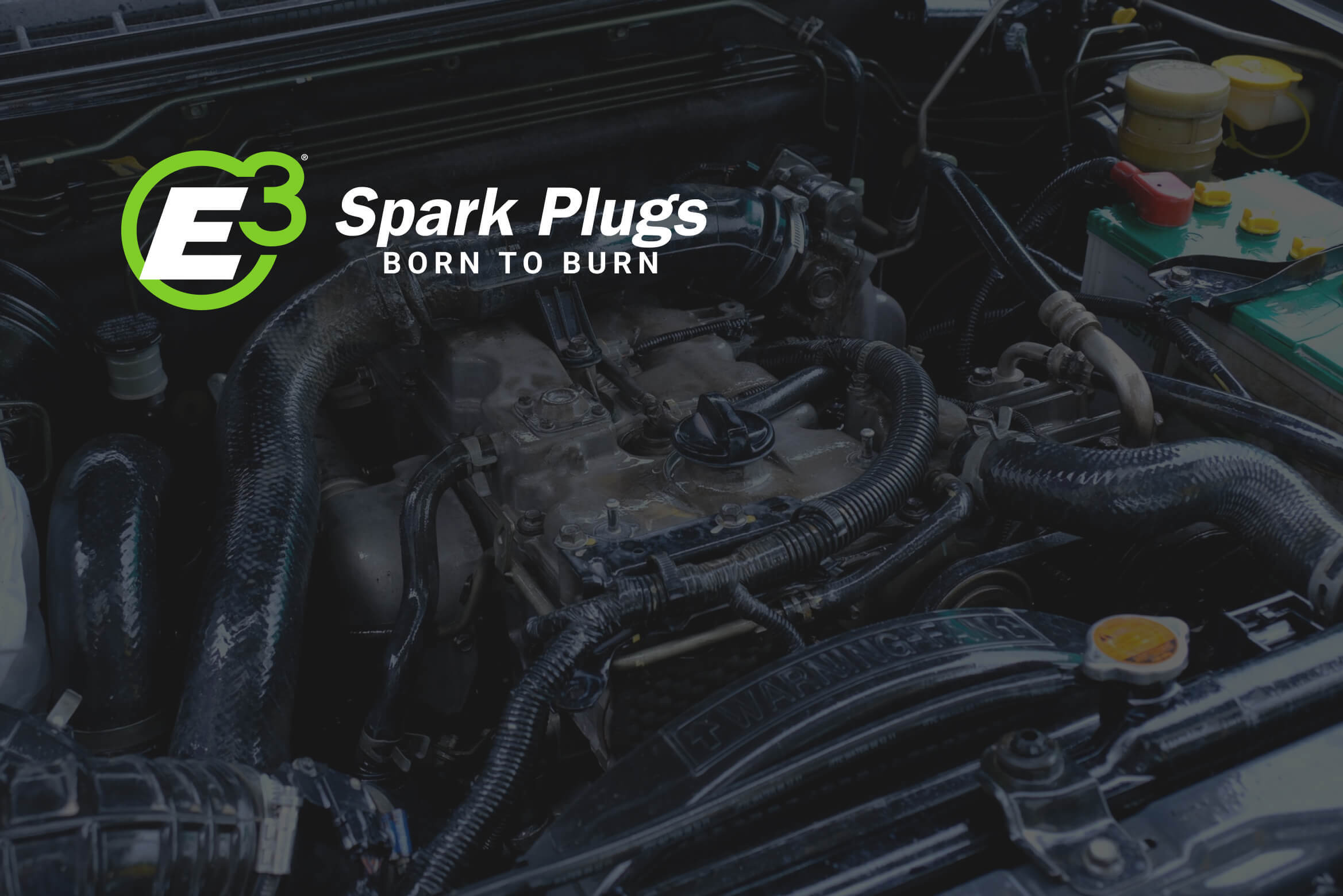
If you've busted enough knuckles working under the hood with the engine running, chances are you've been zapped by the ignition system a few more times than you would have liked. Usually you internalize a statement like, "I hate it when that happens and I'm never going to touch those wires again." Yep... that's the cleaned-up version of what I said to myself. Truth is voltage from your vehicle's secondary ignition system can range from 5,000 to as high as 40,000 volts and the later can give you quite a jolt.
For those who are new to poking around under the hood, you can get zapped by an ignition component by inadvertently acting as an attractive ground for the system's spark. That's right the same spark that starts at your battery and is amplified by the ignition coil as it travels through the magnetic field of the primary windings was planning to jump the sparkplug gap before you got in the way. In older engines that have a distributor, the voltages aren't too high but definitely capable of providing an uncomfortable zap. But are usually not dangerous. The exception is someone with a bad heart or a medical device like a pacemaker or defibrillator.
So, why were you shocked in the first place? Odds are you touched a wire that contained an insulation fault like a small crack in the rubber coating, a frayed plug wire, or a corroded terminal end at the same time another part of your body was touching the vehicle or a metal engine part. At that point, you created a more desirable path to ground and "the spark" aborted its journey. You took the hit for the spark plug it was intended to ignite. Although you're unlikely to be injured by a zap from a traditional gas-powered engine, it is very important to avoid contact with a hybrid or other electric-powered system that uses much high voltage electrical systems.







